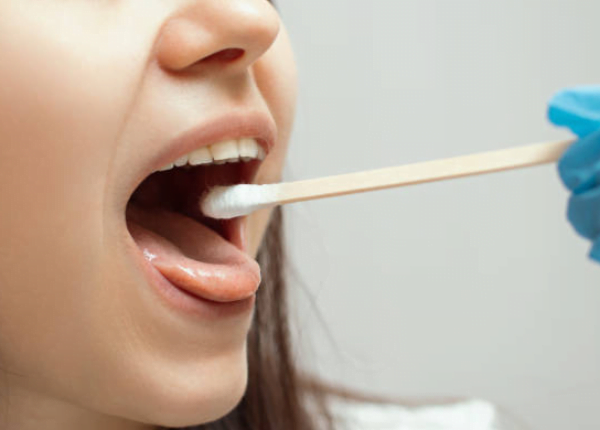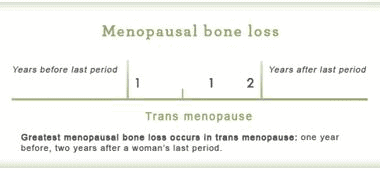How Much Saliva Is Needed To Transmit STD? – Sexually transmitted infections (STIs), including sexually transmitted diseases (STDs), can be transmitted through sexual contact, including oral sex. While saliva can contain some bacteria and viruses, the risk of transmitting an STI through saliva alone is generally considered to be very low.
How Much Saliva Is Needed To Transmit STD?

Certain STIs can be transmitted through oral sex, particularly if there are open sores or cuts in the mouth or genital area. The amount of saliva needed to transmit an STI would depend on a variety of factors, including the specific STI in question, the presence of open sores or cuts, and the overall health of the individuals involved.
To reduce the risk of transmitting or acquiring an STI through oral sex, it is recommended to use barrier methods such as condoms or dental dams. Additionally, regular testing for STIs and open communication with sexual partners about STI status can help reduce the risk of transmission.
STDs transmitted through saliva
There are several different STDs that can be transmitted through saliva. These include:
Herpes
Herpes is a viral infection that can be transmitted through oral sex. The virus can cause cold sores or genital herpes, depending on where it enters the body.
Gonorrhea
Gonorrhea is a bacterial infection that can be transmitted through oral sex. It can cause painful urination and discharge from the genitals.
Syphilis
Syphilis is a bacterial infection that can be transmitted through oral sex. It can cause a range of symptoms, including sores, rashes, and fever.
HIV
HIV is a viral infection that can be transmitted through oral sex. It attacks the immune system and can lead to AIDS if left untreated. Also read: 15 infections you can catch through kissing
Factors that influence the transmission of STDs through saliva
There are several factors that can influence the transmission of STDs through saliva. These include:
Open sores and cuts: If there are open sores or cuts in the mouth or on the genitals, it can increase the risk of transmission.
Amount of saliva: The amount of saliva present can also affect transmission. A larger amount of saliva may dilute the concentration of the virus or bacteria, making it less likely to cause an infection.
Presence of other fluids: The presence of other bodily fluids, such as blood or semen, can increase the risk of transmission.
Prevention and treatment of STDs
The best way to prevent the transmission of STDs through saliva is to practice safe sex. This means using condoms or dental dams during oral sex and avoiding sexual contact with anyone who has an STD.
Regular testing and treatment are also important for preventing the spread of STDs. If you think you may have been exposed to an STD, it is important to get tested and treated as soon as possible.
FAQs
Can you get an STD from kissing? It is possible to transmit some STDs through kissing, but the risk is generally lower than with oral sex.
How long does it take for STD symptoms to appear? The time it takes for symptoms to appear can vary depending on the type of STD. Some STDs may not cause any symptoms until severe.
Can you get an STD from sharing drinks or utensils? It is unlikely to get an STD from sharing drinks or utensils, as the concentration of the virus or bacteria is usually too low to cause an infection.
How can I tell if someone has an STD? It is not always possible to tell if someone has an STD, as many STDs may not cause any symptoms. The best way to protect yourself is to practice safe sex and get regular testing.
Can STDs be cured? Many STDs can be cured with antibiotics or antiviral medication. However, some STDs, such as HIV and herpes, cannot be cured but can be managed with medication. Source









